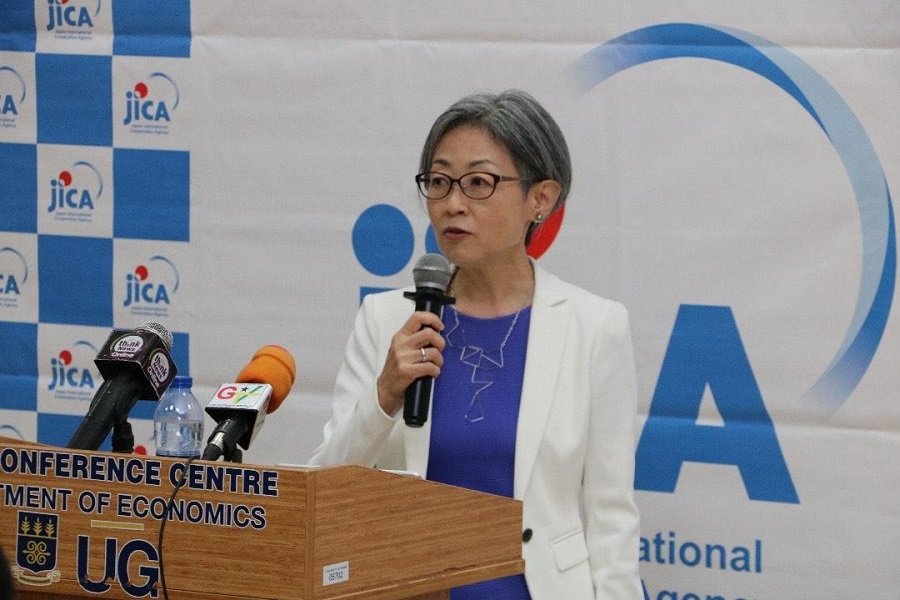News
‘Find ways to track AI generated contents to promote accountability’

A professor of Media and Journalism Studies at the University of Tokyo, Japan, Kaori Hayashi, has urged Ghanaian media organisations, particularly public broadcasters, to take steps to establish mechanisms that can track AI-generated content, verify information, and promote accountability.
This, she said was because technology holds great promise but its uncritical use especially in the media could undermine public trust and truth.
Drawing from Japan’s experience, she explained that even a country renowned for its digital innovations still faces cultural hesitation and institutional skepticism around AI, particularly within journalism.
Prof. Hayashi made the call at the third Japan International Cooperation Agency (JICA) Chair public lecture held in Accra last week.
The event, jointly organised by JICA and the University of Ghana, brought together academics, policymakers, and media professionals to explore how Artificial Intelligence (AI) can be integrated into society without compromising democratic values.
Speaking at the event, Ghana’s journey into the digital age must be rooted in ethical responsibility and informed media practice.
“AI has the potential to reshape how we access and share information, but this must not come at the cost of democracy. We need strong ethical frameworks and independent media bodies to keep AI in check,” she added.
Professor Hayashi called for a careful, values-based approach to AI adoption.
Journalism education also, she added, must evolve to include technological literacy to prepare the next generation of reporters.
The Japan Ambassador to Ghana, Mr Hiroshi Yoshimoto, also addressed the gathering, reaffirming Japan’s commitment to strengthening academic and technological cooperation with Ghana.
He applauded the growing ties between the University of Tokyo and the University of Ghana, calling the lecture a step toward deeper bilateral engagement.
JICA Ghana’s Chief Representative, Madam Suzuki Momoko, echoed this sentiment, adding that knowledge-sharing, cultural exchange, and academic partnerships would remain key to advancing mutual development goals.
The lecture formed part of the JICA Chair programme, which seeks to share Japan’s modernisation journey with partner countries.
By Cecilia Yada Lagba